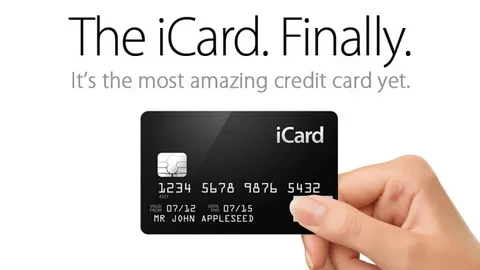
Opening a credit card can be difficult when you’re just starting out or if you have damaged credit, as issuers face risks without knowing your borrowing habits. For this reason, a co-signer with good credit can sometimes help, but there are important things to consider.
What is a Co-Signer?
A co-signer is someone who takes on equal responsibility for the credit card account with you. If you miss payments or fail to manage the account well, both your credit scores will be affected. The co-signer’s credit will be impacted as well, as the issuer relies on their financial information to grant the card.
While the primary account holder is responsible for managing the account, if you default on payments, the issuer can pursue the co-signer for the full debt. Despite sharing responsibility, the primary cardholder usually has control over the card, including who can use it.

Which Major Issuers Allow Co-Signers?
Currently, major credit card issuers do not allow co-signers. Historically, it was a common practice, but this is no longer the case for most major banks. An exception is for student credit cards, where a creditworthy adult can co-sign with a student.
However, issuers now allow people to become authorized users on other people’s credit card accounts, which doesn’t carry the same legal responsibility but can help build credit.
Alternatives to Co-Signed Credit Cards
If you’re looking for credit options, several alternatives can help:
1. Small Banks
Regional banks, such as PNC, may still offer co-signed credit cards. Though not as common, they may have more flexible requirements.
2. Credit Unions
Credit unions are more forgiving with first-time applicants and people rebuilding credit. For example, BCU Credit Union offers co-signed credit cards.
3. Joint Accounts
Some issuers, like U.S. Bank, allow joint accounts. This gives both account holders equal access and responsibility for the card.
4. Secured Credit Cards
For those struggling to qualify for traditional credit cards, secured cards are an option. These require a deposit to act as collateral for the line of credit. Issuers like Capital One offer secured cards that can help build or rebuild credit.
5. No-Credit Credit Cards
These cards are designed specifically for those with no credit history and are another option for getting started.
Key Takeaways
While having a co-signer can help in some cases, it’s not the only option. Whether you go through smaller institutions, use a secured card, or find other alternatives, the key is to build a good credit history over time. Your credit score will gradually improve as you make timely payments and maintain low debt, eventually giving you more credit options.



